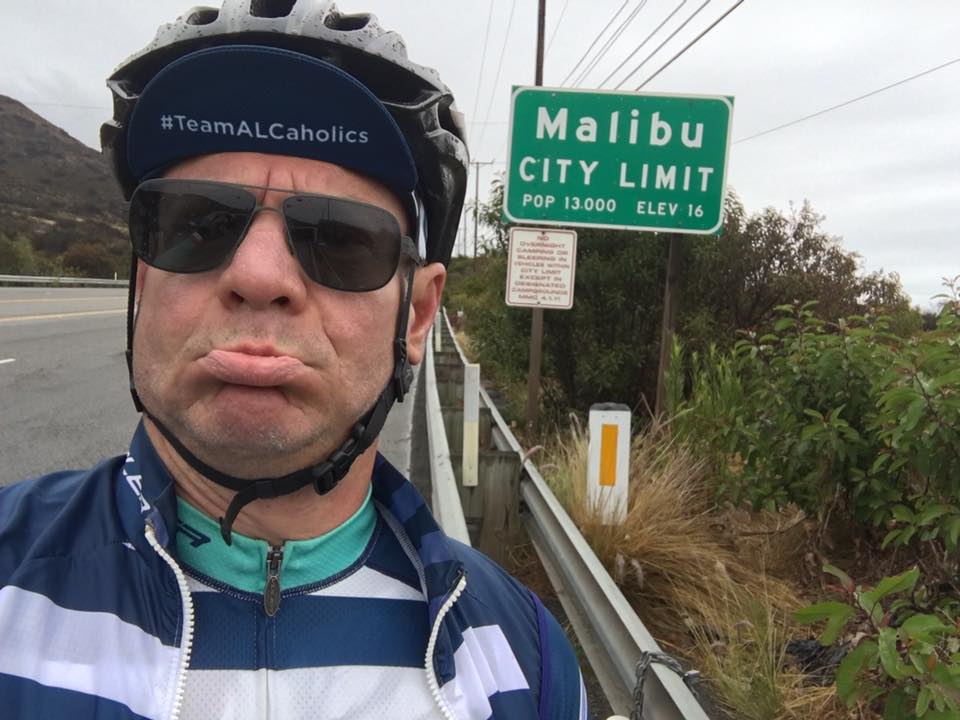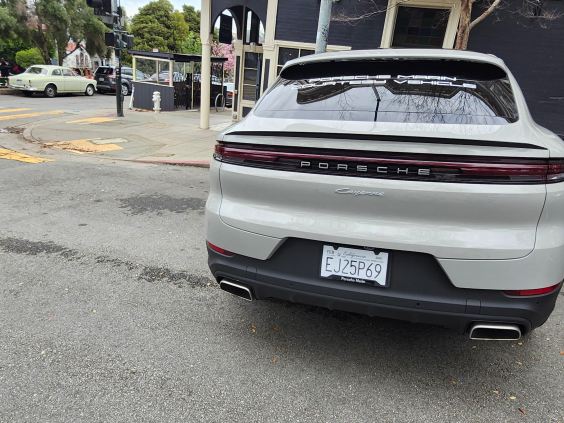The California State Supreme Court ruled in favor of an Oakland cyclist injured on the city’s streets and clarified again that, yes, cities are responsible to maintain safe streets and can’t hide behind third-party waivers when unsafe conditions cause crashes.
In 2017, Ty Whitehead was biking on Skyline Boulevard in Oakland as part of an official training ride for the upcoming AIDS Lifecycle (Lifecycle) ride between San Francisco and Santa Monica. Whitehead was an experienced bicyclist who had completed the 545-mile Lifecycle route in previous years, but that didn’t save him from hitting a pothole, flipping over his handlebars, and hitting his helmeted head on the sidewalk. Whitehead was in a coma for two weeks.
To add insult to injury, Oakland washed their hands of any responsibility and fought Whiteside in court when he sought damages for his injuries and reimbursement for his medical expenses. Oakland claimed a waiver he signed with Lifecycle that absolves the non-profit should an injury happen on one of their rides also absolved the city. Oakland was not party to the document. The Alameda County Superior Court agreed with the city.
“To us, that was very appalling,” said Justin Hu-Nguyen, the co-executive director of Bike East Bay of both the city’s claims and the court's ruling.
When Whitehead appealed the ruling to the State Supreme Court, Bike East Bay rallied other bicycle groups to support his legal effort. The Rahman Legal Group submitted a brief on behalf of Bike East Bay, California Bike Coalition (CalBike), and the San Francisco Bicycle Coalition (SFBike).
“We felt it was important to speak up in this case because a victory for the City of Oakland would have impacted the safety of people who get around by bike throughout California,” writes Kendra Ramsey, the executive director of CalBike.
Last week, the Supreme Court ruled that the Alameda Court erred and sent the case back to them for further deliberations. While the court ruled that a third-party waiver cannot absolve a city from its legal obligations, it did not award final judgement. The city can try a different defense in the Alameda courthouse if it chooses under the “doctrine of primary assumption of risk.”
In plain English, the city could argue that Whitehead was participating in an activity knowing there are inherent risks and thus cannot sue for injuries caused by those risks. Oakland has not announced if they will continue to defend themselves in the lawsuit or if they will seek a settlement with Whitehead.
While the lawsuit was proceeding, the city did make a series of short-term safety fixes to Skyline Boulevard, including filling potholes last July. More permanent fixes are expected in the next two to three years, but Bike East Bay warns those improvements may be put on hold because of the city’s budget crisis.
But for now, cycling groups are celebrating what they feel is a legal wrong that has been righted.
"This ruling is a big win for people across California who bike. It's encouraging that the state Supreme Court unanimously ruled that cities cannot sidestep their obligations to safely maintain roads for all users," concludes Christopher White, executive director of SF Bike.






